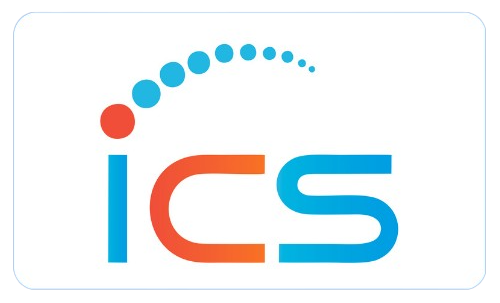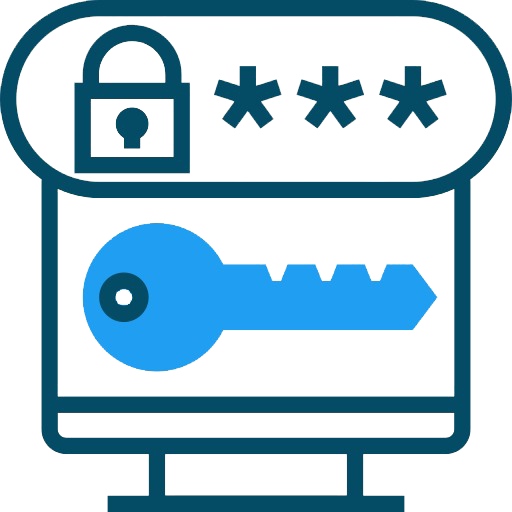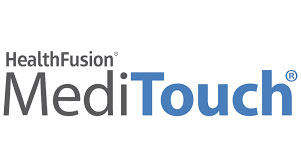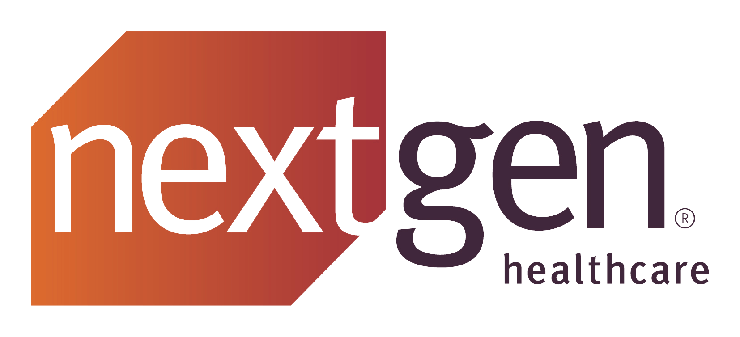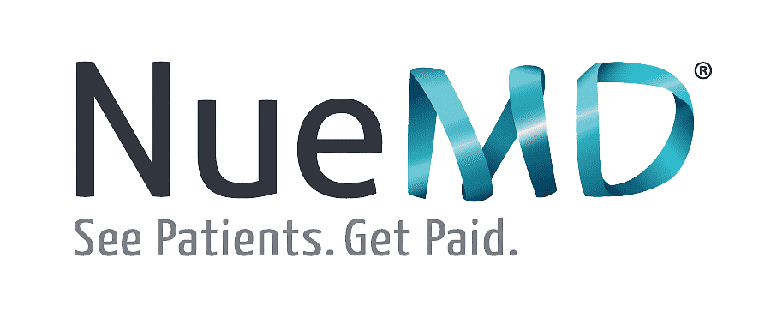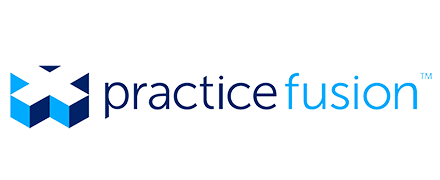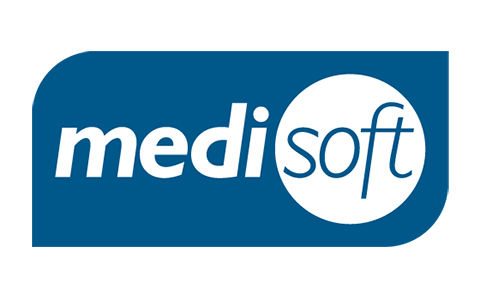In order to prevent and treat cancer, oncology is a complicated and drawn-out process. As a result, to receive payment, the oncology billing procedure necessitates thorough medical treatment documentation and prompt follow-up with insurance companies. At the conclusion of each phase of therapy, accurate medical coding and invoicing ensure that the oncology practice receives sufficient compensation.
On top of its procedural complexity, compliance rules and codes are frequently updated in oncology billing. No matter their expertise, healthcare providers must follow precise billing and coding procedures in order to be paid by insurance companies. Oncologists, however, might experience greater pressure to maintain a high clean claim rate. Oncology practices must follow specific billing and coding rules, and the normally greater reimbursement rates for oncology may make providers feel like they need to be even more vigilant. Here are the most common challenges that plague oncology billing –
1. Unfinished Claims
The submission of erroneous claims is among the most typical problems with medical billing across all professions. This can appear to be an inaccurate claim lacking supporting evidence. Basic details including the patient’s full name, gender, date of birth, and the time of the accident or medical emergency fall under this.
2. Using the Right Codes
In contrast to other medical specialties, oncology practices have varied coding standards. Finding the appropriate codes to use presents certain difficulties for coders. In any case, they must utilize the appropriate codes in order for insurance providers to approve the claims and reimburse oncology treatments. An insurance company, on the other hand, won’t approve a claim if the codes are off. Claims may be disputed repeatedly until the biller and the payer come to an agreement.
3. Not Eligible for Insurance Coverage
Patients who have ineligible insurance coverage frequently experience problems with insurance companies about claims. If an existing patient’s insurance coverage has changed and your patient records have not been updated, the insurance company is likely to reject the claim. This is frequently the outcome of uncontrolled coverage of established patients.
4. Incorrect Claims
Similar to insufficient claims, claims with coding may result in unwelcome denials for your oncology practice. Your claim will be delayed or rejected if you input a code with too many or too few digits, a duplicate charge, an unbundled code, an erroneous date, or any other error.
5. Maintaining Compliance with Current Coding Guidelines
Another obstacle that cancer institutions face is maximizing profits while adhering to industry and governmental laws. Due to inaccurate or out-of-date codes, faulty coding and billing may result in fines or legal action. Accuracy errors will result in claim denials, whether they were made on purpose or by mistake.
6. Upcoding vs. Downcoding
Under coding or upcoding in oncology billing are both unlawful practices that could lead to fines or criminal charges as they are forms of inaccurate billing. Under coding happens when codes are omitted from a patient’s bill, as opposed to upcoding, which occurs when codes are added into a patient’s bill for treatment that was not provided. While these errors may lead to denials, they may also flag your oncology practice for an audit and possible penalties.
7. Unorganized Records of Patient Information
Your patient records may contain errors as a result of a lack of documentation or unstructured data, which may result in claims being rejected. Having well-organized patient records will be essential during the review process if claims are refused and need to be contested. Well-documented patient records are a must if your oncology practice is audited.
Managing Oncology Billing Challenges
Make sure to regularly update your patient records to prevent issues with insurance companies regarding patient insurance coverage. You can avoid any denials owing to ineligibility for insurance coverage by incorporating a phase in your billing system that confirms the patient’s insurance at each visit. By doing this, you can identify potential hiccups such as coverage that has been discontinued, services that are not allowed or covered by the plan, or benefits that have been used up to their maximum.
You must routinely carry out medical billing audits to make sure all of your health records are as precise and well-organized as possible. An audit goes through all of your current patient data and records to find any inaccuracies, omissions, or improper billing practices and to make sure that all the data is current.
Hiring an outside medical billing team reduces these difficulties. An offshore medical billing company offers the knowledge and experience necessary to accurately identify, assess, and fix process problems. Your practice can avoid eligibility problems by outsourcing verification and other parts of the revenue cycle to a reputable offshore medical billing agency.
Building a sustainable billing, coding, and reimbursement procedure requires the application of our in-depth expertise and understanding of oncology billing. With added benefits, Info Hub Consultancy Services (ICS) can help you cut down on staffing and administrative costs, boost revenue, and make sure all regulations are followed. Our team follows thorough processes and is constantly updated with changing oncology rules and regulations.
